The Good… The Bad… and the Ugly
January 15, 2011 by beerogre
Malifaux... a heady mixture of a western, a Victorian scientific romance, a gritty steampunk adventure and a fantastic tale of dark magic...
The game's background draws its inspiration from the literature of the late Victorian era, a time when scientific advances were often viewed as magical and frightening, and the old ways of religious superstition were under attack from the cold reasoning of science.
It is a time when the Wild West was all but tamed, when the exploits of such figures as Billy the Kid and Buffalo Bill were more fiction than fact and the Penny Dreadfuls, detailing their adventures sold by the thousand.
It is a time of public austerity and private debauchery, where Jack the Ripper stalked the night and the London fog suffocated many an innocent, silently in their sleep.
But enough of the prose and fluff... what's the game like I hear you cry!
Philistines, you nearly got a bit of culture there!
The game is a skirmish level tabletop wargame, where players take command of a small force, or crew, as the rules call them. Your crew is made up of a Master, who is the lynch pin of the group, they are typically the most potent member of your crew and range from charismatic commanders and mysterious sorcerers to savage monsters and madmen who command their forces through fear and strength of arms. Next come the Minions, these are your Master's trusted servants and underlings. They range from grizzled gunslingers, zombie ladies and steampunk monstrosities, to spooky kids with frightening supernatural powers.
Central to the game is the idea of schemes. These are individual goals and the reason each crew has turned up to the battle in the first place. Schemes are a nice twist on the typical objective or "kill everything" style that typifies most games on the market at the moment and gives Malifaux a much more narrative feel, rather than just a plain head-to-head battle.
As many will already know, the Malifaux game system is based on a deck of playing cards or Fate Deck. Like your standard deck, the Fate Deck has four suits, including two jokers (a black and a red).
The Malifaux system is simple, yet elegant. Each players gets a hand of cards, which will be used to "cheat fate", or in other words, to offset a bad draw. To determine an outcome, the controlling player decides on their action and draws a card from the Fate Deck. The value of the card they draw is added to a number (typically a stat or skill number) and compared to a target number. If the total value is better than the target number, you've succeeded.
In the case where two (or more) models vie for success (i.e. combat or spellcasting), each player draws a card and the player with the highest value wins.
This is where the hand of cards comes in. Each player can choose to "cheat fate" by replacing their drawn card with one from their hand. This can be further enhanced by spending Soul Stones, which are tokens supplied with each Master. These allow you to draw an additional card and adding the value to that already drawn... so there you go... draw a card, add the number. Don't like it change it, still don't like it draw again and add the value on.
After that there are triggered effects. These are powers possessed by models that are activated when cards of certain suits are drawn. To be honest, this was the most challenging part of the game. Having to remember that you might have triggered a power when you are frantically drawing cards, looking at your hand, reading the stat card to find the tiny number. While your opponent is screaming that they are cheating fate, using soul stones and trying to give you the gist of the slew of defensive abilities you've just run afoul of... is a bit mind-bending... in fact that perfectly describes my first game of Malifaux.
I'm an accountant... walls of numbers and calculations hold no fear for me, but this game had me scratching my head more than once... but enough of that, here's what happened.
I bought my Malifaux crew a good few weeks before the first game, I decided to go with Lilith and her Nephilim, essentially some stereotypical, sword-wielding-manga-bint, a big demon guy and some disturbing baby demons with pointy knives. I painted them up (I even went so far as to sculpt my own bases... I had high hopes for this game) and posted on the local club forum at Arkham Gaming Centre, that I was looking for a game.
Some of the guys interested in the game sent me a message and we arranged to meet at the club to have a bash. Fortunately, Arkham has a superb wild west gaming table, that is perfect for Malifaux. So it was duly nabbed for our game.
The Nephilim are all melee monsters, who either fly or simply ignore most terrain. So I wasn't concerned by the pretty dense terrain on the board. My opponent had the other Neverborn starter set, Pandora. We decided, that we would simply run a game where we each had to defeat the other's master and as many of the minions as we could. In retrospect, this was a mistake, the strength of Malifaux is its system of diverse schemes, not as a "traditional" skirmish game.
Turns are progressed by each player moving one of their models, then the next guy does the same, until all the models have moved, after which, the turn is over. Some characters have abilities that allow more than one model to move at a time, but otherwise it's a case of you go... I go...
The first turn or two were spent squaring up to each other. My Nephilim were much faster than my opponent, but he had a few ranged attacks/spells that forced my guys to hit themselves... as my guys are melee monsters, this just means my demons punched themselves to death very quickly.
So basically the game consisted of me running very quickly across the field, my Master, Lilith (who could move and draw LoS through all terrain, including buildings) charging Pandora and clouting her around the head with a geatsword. Then being forced to hit myself with my greatsword, to the extent where I had to withdraw Lilith and hope one of the little Nephilim-baby-Demons could take out the last three health points on Pandora... it hit itself in the head and died...
Despite being frantic and a little confusing, the game was fun... but would I play it again?
Yes... I would play it again. However, would I be getting more Malifaux "stuff"?
Probably not... there was something about the game that I just couldn't put my finger on. I don't know whether it was the inherent identification problems with the card system (why did they not simply go with hearts, diamonds, spades and clubs?), the dizzying array of spells and abilities or the lack of a quick start rules to explain the basics in less detail than the full rulebook.
That... and I couldn't get my head around my opponent's ability to use ranged attacks and spells in melee combat... this seemed to put all my melee based warband at a marked disadvantage. I thought it was a special ability of the group, but it turns out all ranged characters can do it. Personally, I think this lends the obvious advantage to groups with ranged attacks, as they have no obvious disadvantage in melee.
Which leads me to my only real gripe with the system. In a world, where quick start rules are almost a must, Wyrd are really missing out with this. We were asked a few times by other club members, what we were playing. They seemed keen, but in these lean financial times, the inevitable question is always "how much does it cost to start?"
With Malifaux, the answer is "quite a bit". You'll need a starter set, a fate deck (a deck of ordinary playing cards just doesn't cut it... trust me!) and the rulebook... and that's before you've got an opponent, who'll also needs (at least) a starter set and a fate deck. It's quite an investment before you can have just a starter-sized game.
However, don't let that put you off. Malifaux is a genuinely interesting game and in an environment where narrative games are few and far between, Malifaux is sure to make an interesting change of pace.
Edit - This review was written a while ago. With the announcement of the free PDF rules, the cost of starting a Malifaux game will reduce considerably.
BoW Andy
Supported by (Turn Off)
Supported by (Turn Off)
Supported by (Turn Off)





























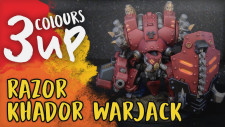

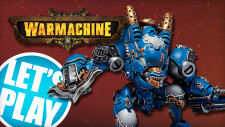
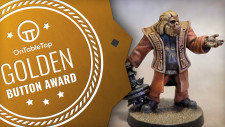

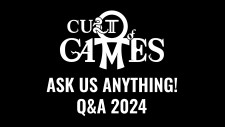







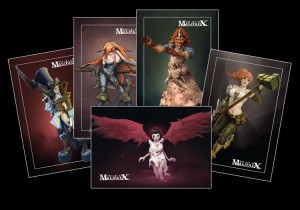
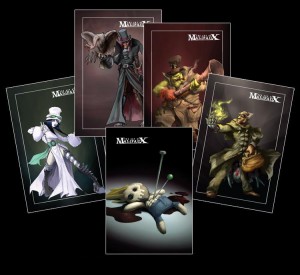



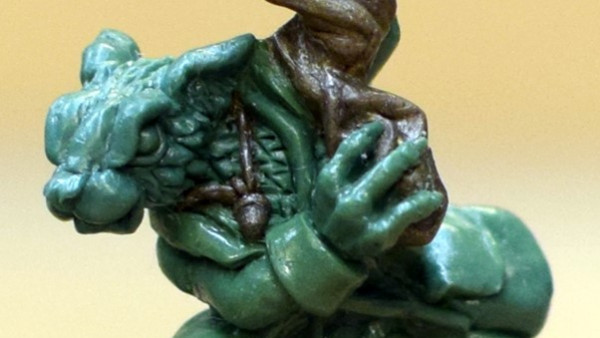
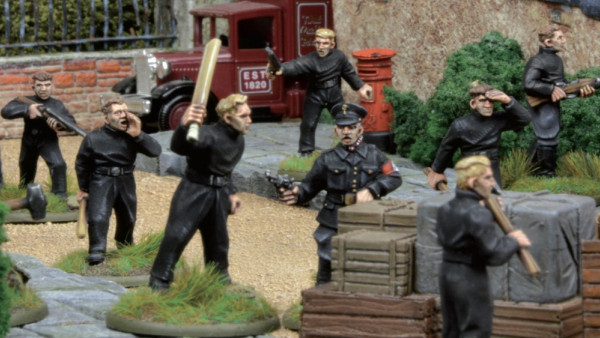
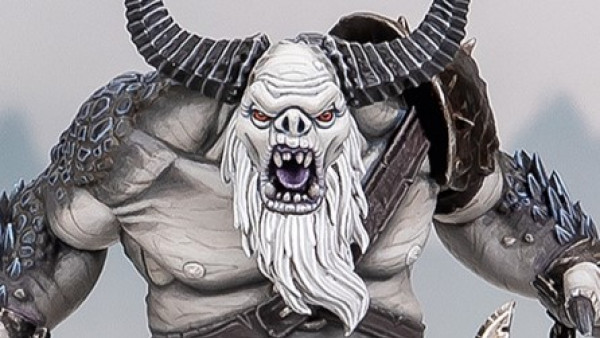
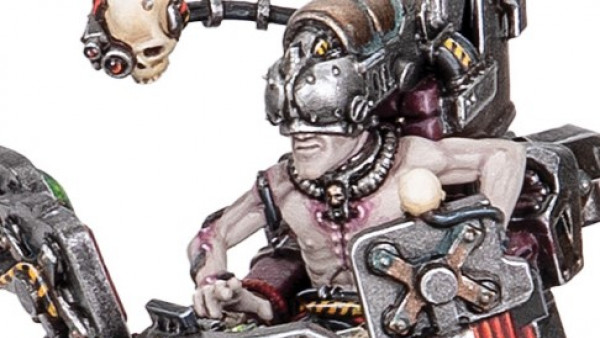
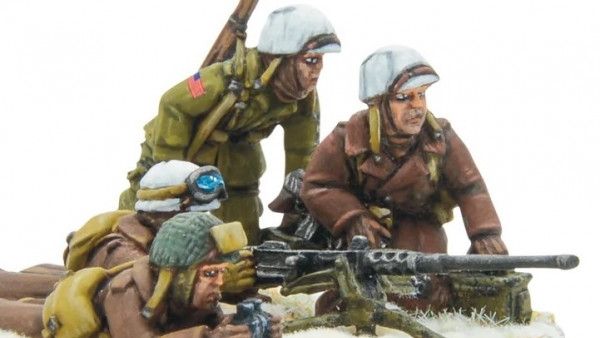
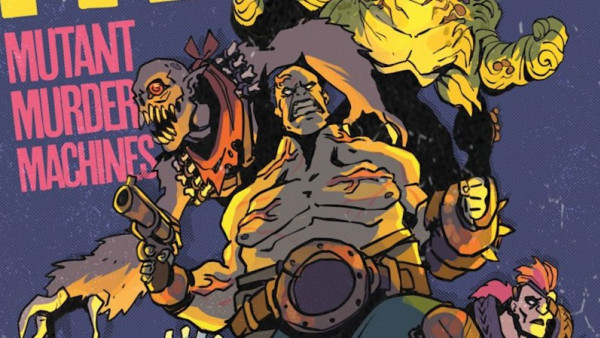
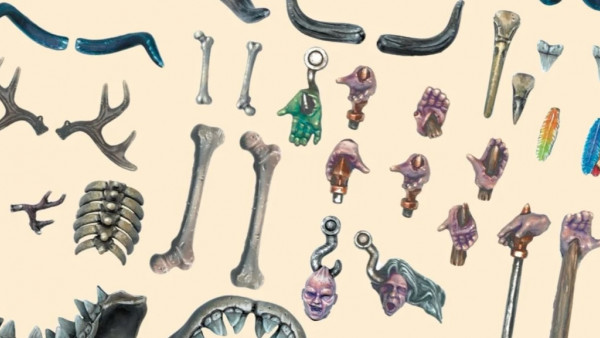

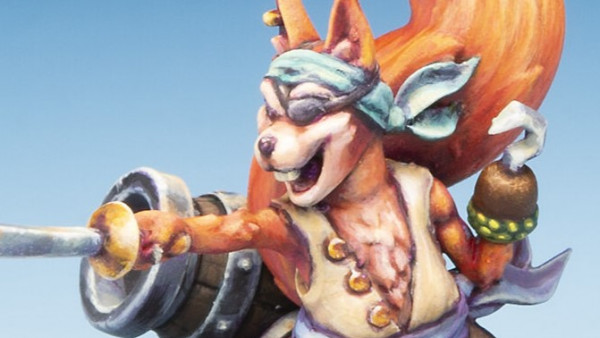
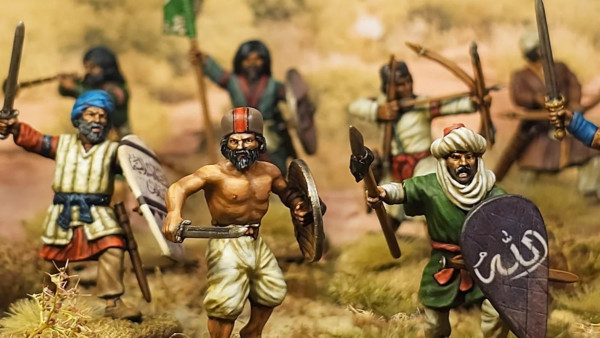

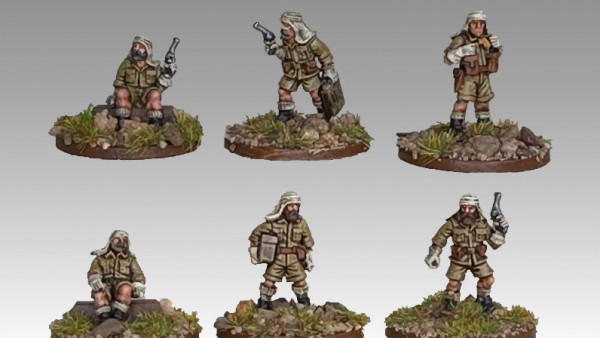

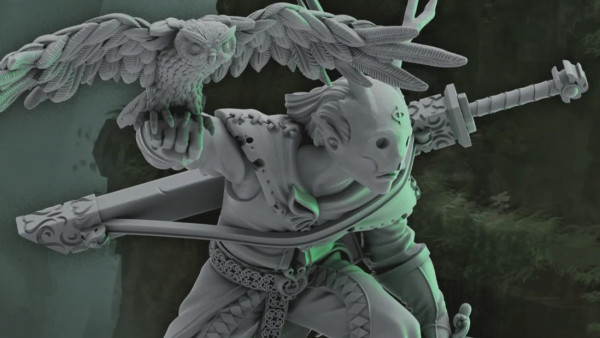
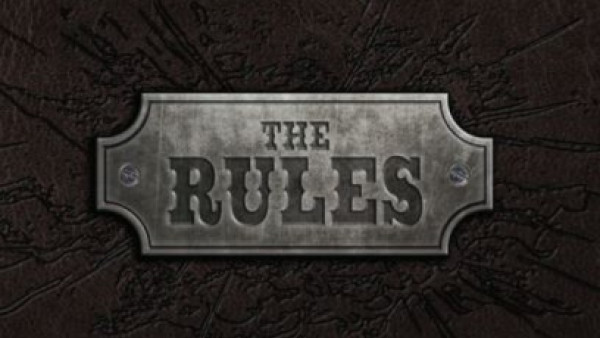
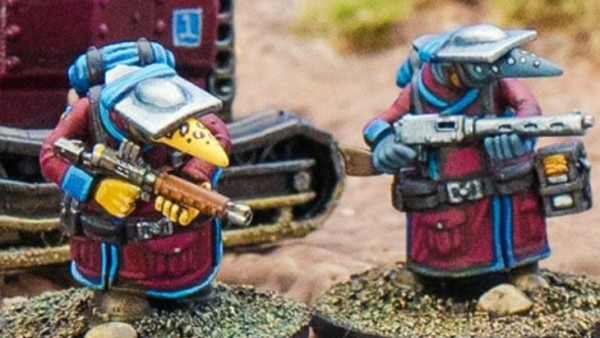
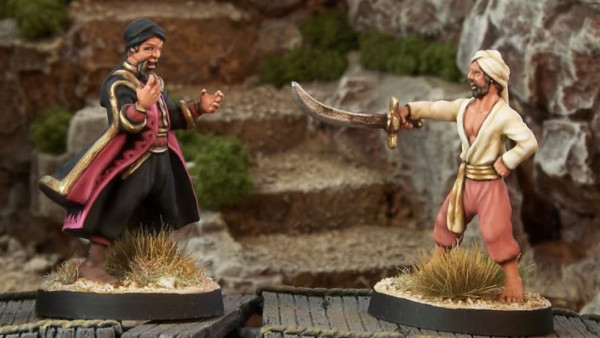
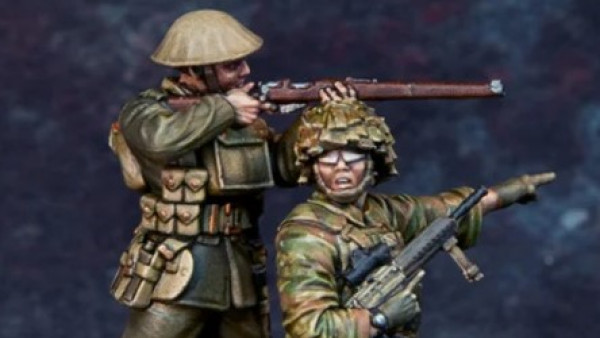
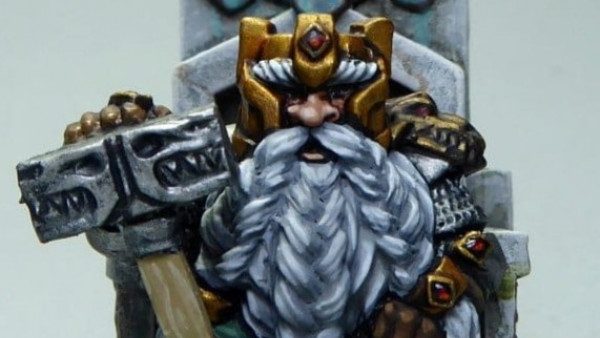
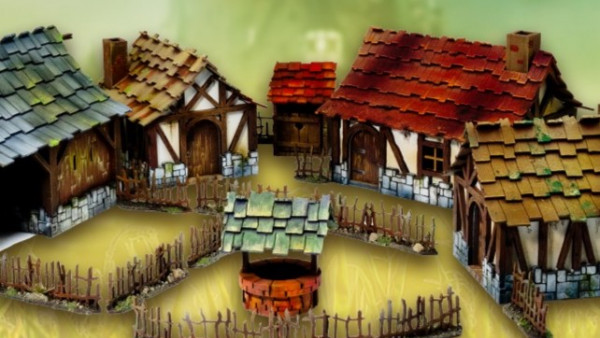
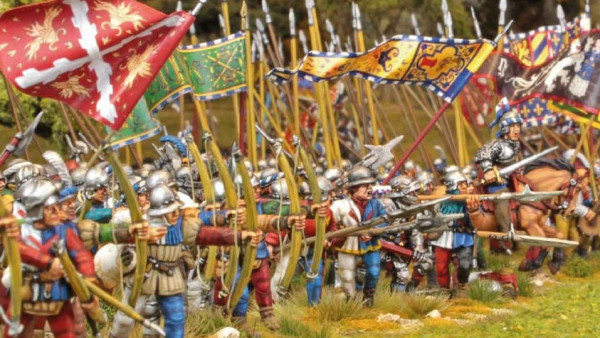
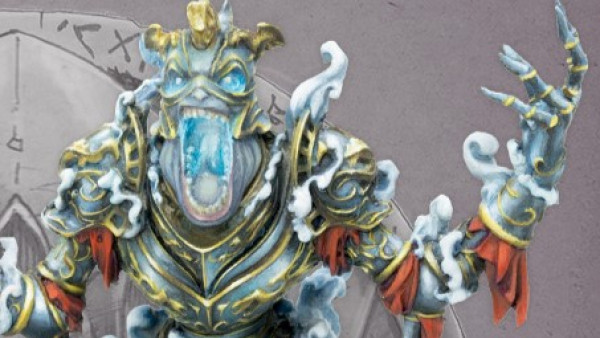
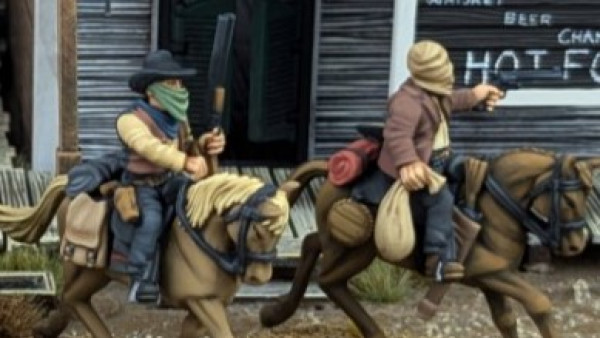


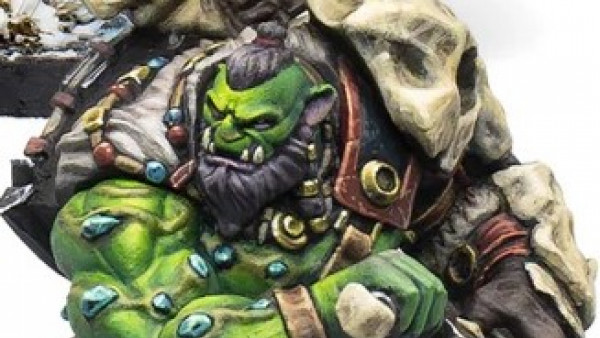
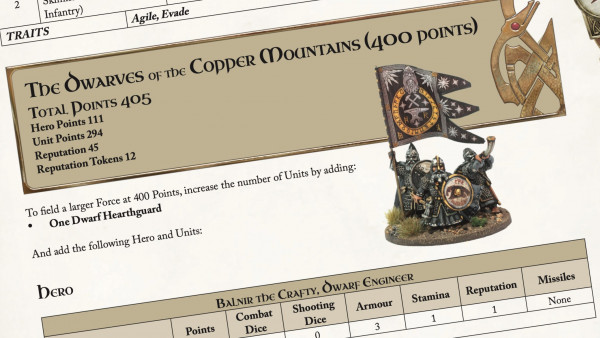
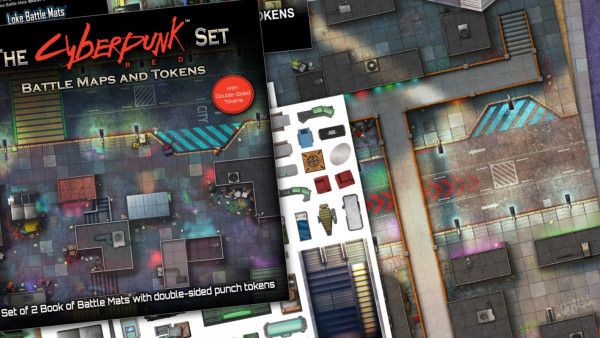
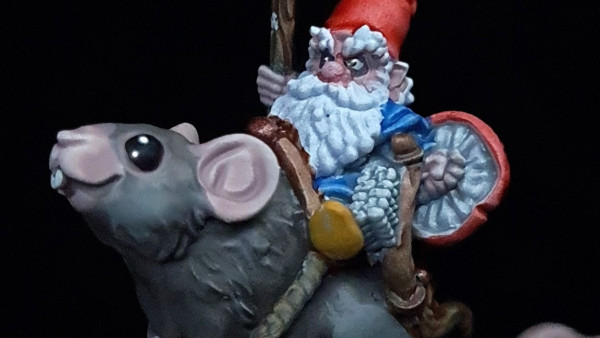


expensive to start? $35 for the rule book(free now with the PDF as you mentioned) $30-40 for a starter crew and at most $11 for a deck of cards thats cheaper than the 8th edition WH rules…hell thats cheaper than some units in GWs armies;) but you do make some good points. there is ALOT going on with each character. With all the different abilities and triggers there is alot to keep track of and the first few games you WILL be overwhelemed a bit. But like any other game, it comes with time. Ranged do seem to have a… Read more »
Don’t forget your opponent needs to have at least a starter crew and a fate deck too. I did write this an while ago, so the price will be coming down a bit, but it’s horses for courses… nobody expects the hobby to be cheap and the Malifaux stuff has quality. My real gripe is that I got a model who was arguably the best melee character in the game (at the time) into melee combat with a (supposedly) weedy spellcaster and couldn’t kill them. If I remember, not only can Pandora shoot spells in melee with no penalty (causing… Read more »
Oh Ill give you that it does seem broken and I can sympathise with the need for instant gratification and quick fixes=) And I understand that you guys need to focus on the stuff that you think the people want to see…none is really expresed an intrest in Malifaux so you dont spend alot of time on it. Nothing wrong with that..it is what it is=) Pandora is….well she is a bitch. There is no other way to put it. She is the exception to most of the the rules…hell most of the Neverborn are really. But there are ways… Read more »
Wonderful, its great to see some Malifaux stuff on the website.
Perhaps Freebooters Fate would interest you more Andy? It also uses a card system, but its a lot more cheerfull and not as complicated.
I know BoW did a review video on the rulebook a long time ago, would really love to see some more stuff about that game from you guys.
We have Freebooters Fate in the office… and yes it does interest me a bit more than Malifaux. Perhaps we can get a look at that soon, no one has really looked at it properly yet.
First I want to have a look at Secrets of the Third Reich (as I got a stack of it at Xmas), but if Freebooters Fate turns out ot be good fun, I’ll give it a shot.
BoW Andy
Good to hear that. I am looking forward to content about any game system other than the usual GW 🙂
I’d also like to see some material on Freebooter’s Fate, if possible. Especially a review of the game itself and perhaps how it compares to Malifaux.
Thanks
Cant agree on cost A box for your crew is mostly around £20 (around 5-6 figures) Deck of cards- can use standard ones or buy the special ones £5 (I agree special deck is pricey for what it is but is way better than using stock deck) Rulebook- about £20 but now option of fluff free PDF which costs £0 Starting cost for 2 players= £20-25 each plus maybe split a rule book or go with pdf So its actually pretty cheap compared to anything GW and lets face it Infinity and PP are not exactly free either. If you… Read more »
I LOVE Teddy… heh heh…
Great review, Andy !
Like I said, this was written a while ago. It might even have been when there was only the hardback rulebook available. Warren has expressed a (little) bit of an interest in Malifaux, but he’s really busy at the moment, so getting the time to get him on camera is all but impossible… nevermind getting hold of more Malifaux stuff and sorting out a game. We’ll try to get more Malifaux coverage if we can, but at the moment we just don’t have anyone passionate enough about the game to run with it. If you’re not interested, you don’t make… Read more »
How can you say that “Starting cost for 2 players= £20-25 each plus maybe split a rule book or go with pdf” is cheap compared to GW? £50 quid for a starter skirmish game versus AoBR or WHFB isn’t cheap – at least when GW sold Necromunda/Mordheim for around the same price as the starter 40k/WHFB boxes you got some nich terrain and a good quality set of documentation! Problem with that arguement is that I had to go back to Necromunda and Mordheim to get a GW comparison to Malifaux 🙁
Forgive the typos in that – it’s been a long day 😉
🙂
The key point here is the “was” bit
Besides Id rather pay £60 for a good game like Malifaux rather than spend £56 on 40k box set. Each to their own
Bring back Necromunda, Space hulk etc
wow. I have never seen this game before and the models look amazing!
I have been hooked on Malifaux for some time now and have been encouraging others in our gaming community to give it a try. Craig even got our local store (Aargon to stock it) A great deal of the attraction for me is the “fluff” aspects of the two rule books, and the way the story elements come into the playing of the games. It can take time, but it is worthwhile persisting with. One aspect I didn’t completely get was that in some games the best thing is to actually avoid combat all together! Follow the strategy/objective requirements to… Read more »
I can’t turn down a game of Malifaux. The best skirmish game since confrontation V3. I have not had a game of 40K for …. years, i just couldn’t go back to the old you move your entire army (I’ll just pop out for a while…) and then eventually I get my turn. Its full on gaming for the 1-2 hrs. I have just got some new Feikorps and they are excellent.
Just getting into Malifaux, have had 2 games. 2 things really sell it for me – the models and the setting. The models are generally lovely some very nice figures I’m just gagging to paint. And the setting.. well, steam punk, zombies, Victorian horror, wild west.. what a great imagination to fuse them all. The rules are tad on the complex side but this allows for great combinations and strategies, and if you want it’s easy enough to leave bits out whilst you get to grips with things. My friend and I are playing strategies only at the moment, no… Read more »